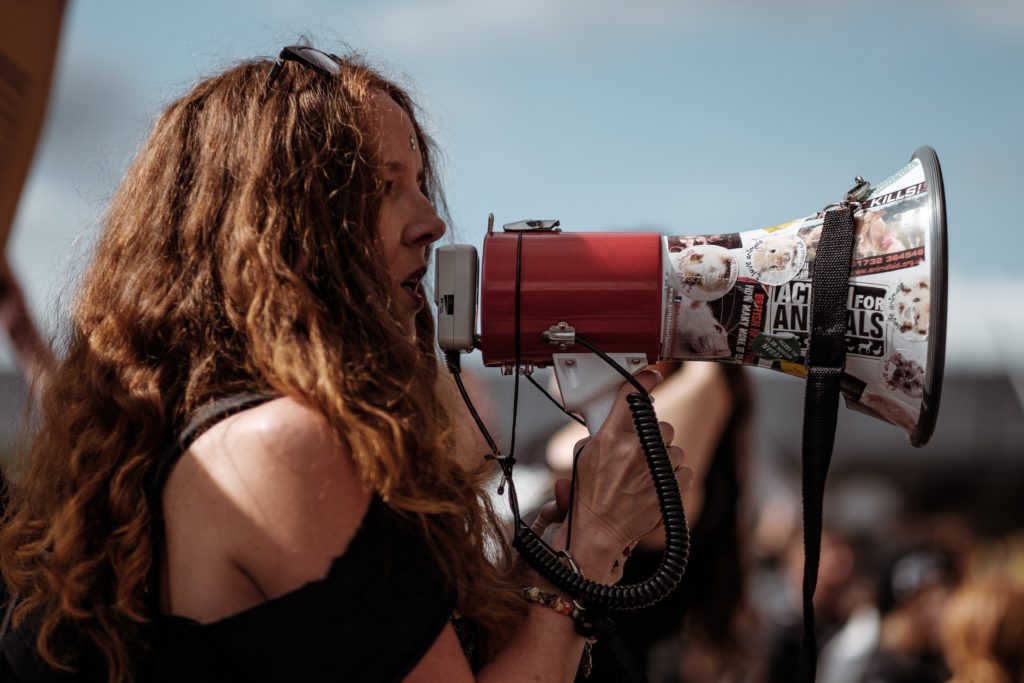
@clemono2, Unsplash.com
Have you ever read a review of a restaurant before making reservations?
Have you ever read a review of product before making a purchase?
Have you ever read a review of a company before deciding to take a job?
Have you ever watched Youtube videos or asked your network aka hive mind for input regarding any of the above.
Of course you have. You’re a normal personal living in an incredibly connected world where information, maybe too much of it, is on-demand.
Peer-to-peer discovery is a critical part of the customer journey. The experiences your customers have, and those that are expressed online, shape the next-steps of your prospects. People trust people like themselves.
Customer don’t trust executives. They’re stated that during the pandemic, brand trust became more important to them and that companies have to go out of their way to earn it. Not only does the power of peer-to-peer information continue to play a big part in any decision-making cycle, companies now also have to be become part of the trust cycle.
Knowing this however, it’s still surprising to see that so many companies do not fully grasp the importance of instilled and shared experiences…not just in one moment, but all moments. That’s the premise of customer experience after all. People have experiences whether you intend them to or not.
For far too many years, companies have by and large, prioritized scale, efficiencies and automation to serve customers. Yet, even though customer experiences happen throughout the entire customer lifecycle, no one moment is the defining moment. Brand is the sum of all experiences a customer has with you, in each moment, and all of the moments, combined.
Among the more savvy brand, investments in positive experiences were made in places that would strategically outweigh the negative. For example, the brand itself, marketing, sales, product quality and performance, packaging, etc. The elite brands also recognized the importance of post transaction support, investing in service models that also promoted positive experiences. For everyone else, customers had no real choice but to tolerate the good and the bad as “business as usual.” But, all of that changed in an era of social media, always-on connectivity, mobile devices, on-demand services and startup innovation.
Now, brands as experiences represent the new frontier for disruption. This is especially true in a post-pandemic economy.
Branding and CX is not just about tech, clever marketing, social issues, trends and fads, influencers or Cannes Lions awards. The customer experience is literally an experience. It’s something that people feel and internalize and it influences what people hold on to, express and remember. That’s why I refer to CX as “The Customer’s Experience.” It’s theirs. And in a connected world, people instinctively search for the shared experiences of others to inform their decisions and shape their likely experiences. It’s a form of trust and confidence that absolutely serves as the foundation for the future of business.
Innovative business models are organizing around experience design, where all facets of the customer’s experience come together to deliver a total, integrated and desired sensation…throughout their journey.
I was invited to Dubai to share my thoughts on experience architecture at the distinguished (and very cool) OMD Predicts event. Please join me in exploring and spreading these concepts to pave the way for a new generation of business rooted in the customer’s experience!

Brian Solis | Author, Keynote Speaker, Futurist
Brian Solis is world-renowned digital analyst, anthropologist and futurist. He is also a sought-after keynote speaker and an 8x best-selling author. In his new book, Lifescale: How to live a more creative, productive and happy life, Brian tackles the struggles of living in a world rife with constant digital distractions. His previous books, X: The Experience When Business Meets Design and What’s the Future of Business explore the future of customer and user experience design and modernizing customer engagement in the four moments of truth.
Invite him to speak at your next event or bring him in to your organization to inspire colleagues, executives and boards of directors.





Leave a Reply